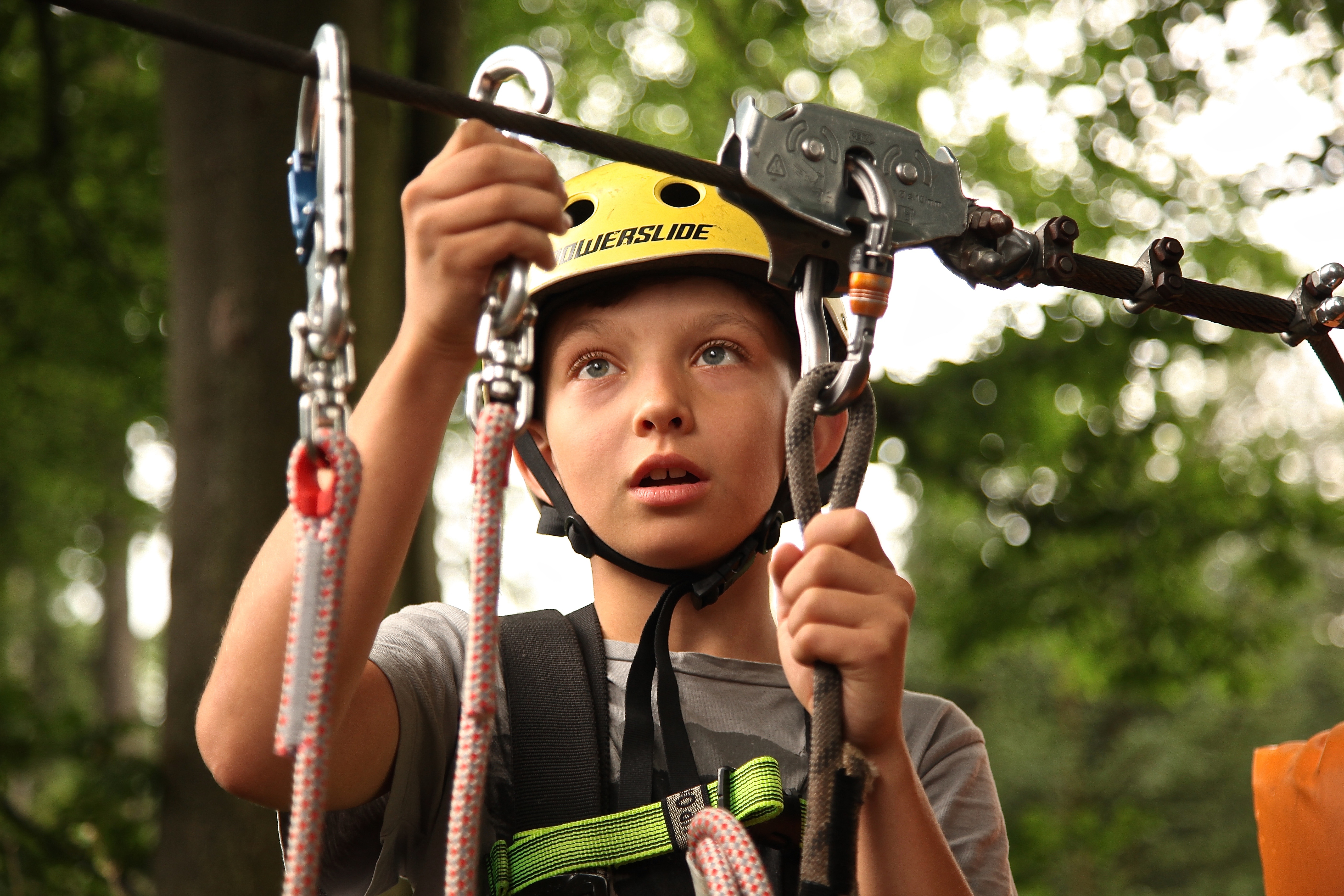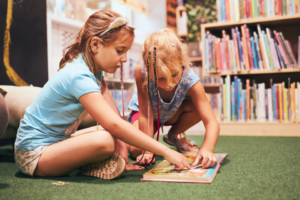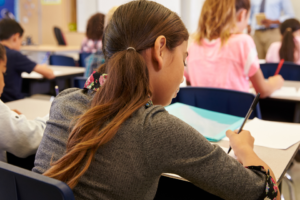
What is Experiential Learning and How Does It Work?
 Aristotle said, “for things we have to learn before we can do them, we learn by doing them.” Or, to update the sentiment, you’ve probably heard the saying “experience is the best teacher.” Well, it turns out that, more and more, teachers and academic professionals are viewing the most effective form of learning as the learning of “doing.” American educational theorist David A. Kolb believes “learning is the process whereby knowledge is created through the transformation of experience.”There are many benefits to this type of education learning that stretch beyond just rote, or memorization based on repetition. Putting lessons in real-life contexts and “learning by doing” can help students to truly understand concepts and information. Below, we will highlight some of the many benefits of experiential learning.
Aristotle said, “for things we have to learn before we can do them, we learn by doing them.” Or, to update the sentiment, you’ve probably heard the saying “experience is the best teacher.” Well, it turns out that, more and more, teachers and academic professionals are viewing the most effective form of learning as the learning of “doing.” American educational theorist David A. Kolb believes “learning is the process whereby knowledge is created through the transformation of experience.”There are many benefits to this type of education learning that stretch beyond just rote, or memorization based on repetition. Putting lessons in real-life contexts and “learning by doing” can help students to truly understand concepts and information. Below, we will highlight some of the many benefits of experiential learning.
Room to grow: Experiential learning puts students into situations. From there, they can grow into the learning experience rather than sit silently as detached receivers of information. Take, for instance, a science class in which students do hands-on experiments rather than just reading about them in a textbook or watching the teacher’s slides. The students can actually expand their knowledge along with the activity and that knowledge will grow exponentially as it is put into action.
Covering all learning styles: Experiential learning takes into consideration the various learning styles. Tactile learners can thrive as they handle items and learn through the sense of touch; auditory learners will love having the information presented through sound, music, and the use of technology; visual learners will appreciate the implementation of graphics. All of these are covered under the umbrella of experiential learning. A field trip, for instance, to a museum or science center will engage all learners’imaginations regardless of their personal learning style.
Concrete experience: This is the crux of experiential learning: doing. You can read every textbook out there but until you’re IN it, you won’t truly grasp the concept. Not only does doing allow students to immerse themselves in the experience, it also sets them up to be confident moving forward into future endeavors. Take, for example, a student who merely watches debates versus one who participates in his school’s forensics team. Who do you think will be better prepared as they move into higher education and a career?
Bridging the gap: In any subject, there is a gap between theory and practice. Experiential learning narrows that gap by putting theory into practical use. For young students, a demonstration of Newton’s Theory of Universal Gravitation will do more to tantalize their brains than will a dry explanation that lacks liveliness. This bridging of the gap between theory and practice is vital in instilling a lifelong love of learning and fostering a sense of curiosity.
Increasing engagement: With creative teaching, engagement increases. Students are much more likely to retain information when it is presented in a way that brings it to life. Because we are seeing more and more cases of learning disabilities and attention deficits, it is that much more important to teach in a way that truly brings students into the experience. Creativity and the ability to make learning relevant is the key to increasing student engagement with learning.
Setting the stage: Picture this: a student who loves working in the chemistry lab in school goes on to become a chemist. Not only does she already know and understand how to use the required equipment, she has already experienced the ins and outs of what is done in the lab. In this way, experiential learning can set the stage for students’ future careers. Intimacy with and knowledge of materials, equipment, and protocols can prepare young people for what’s to come in their professional lives.
While the idea of experiential learning is not new, the reality is that this proven effective style of teaching is lacking in some classrooms. At iAchieve, we understand the importance of mixing learning with experience, which allows us to cater to all of our students, no matter their learning style or academic challenges.
Written by Phil Lane
Interested in working with a private tutor? Contact us today to learn how our tutors can help you prepare for essential college tests such as the ACT or SAT.
RELATED POSTS
Why extracurricular activities are important
How Diet, Exercise, and Sleep Affect Brain Power
5 Reasons to Have Your Child Take Music Lessons



